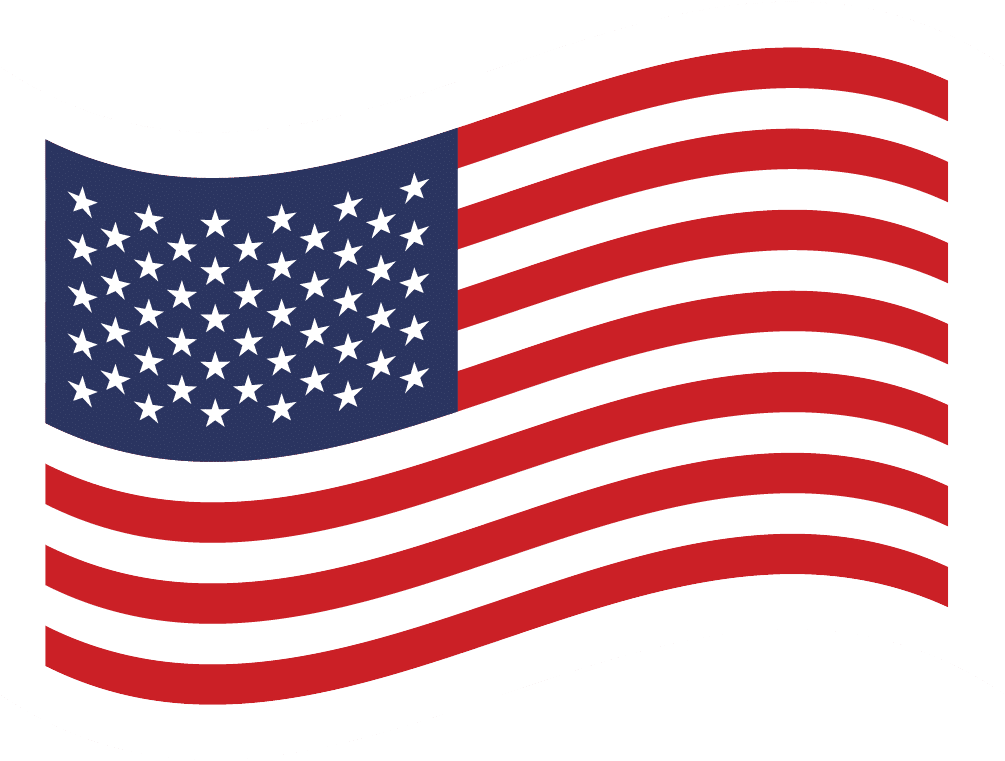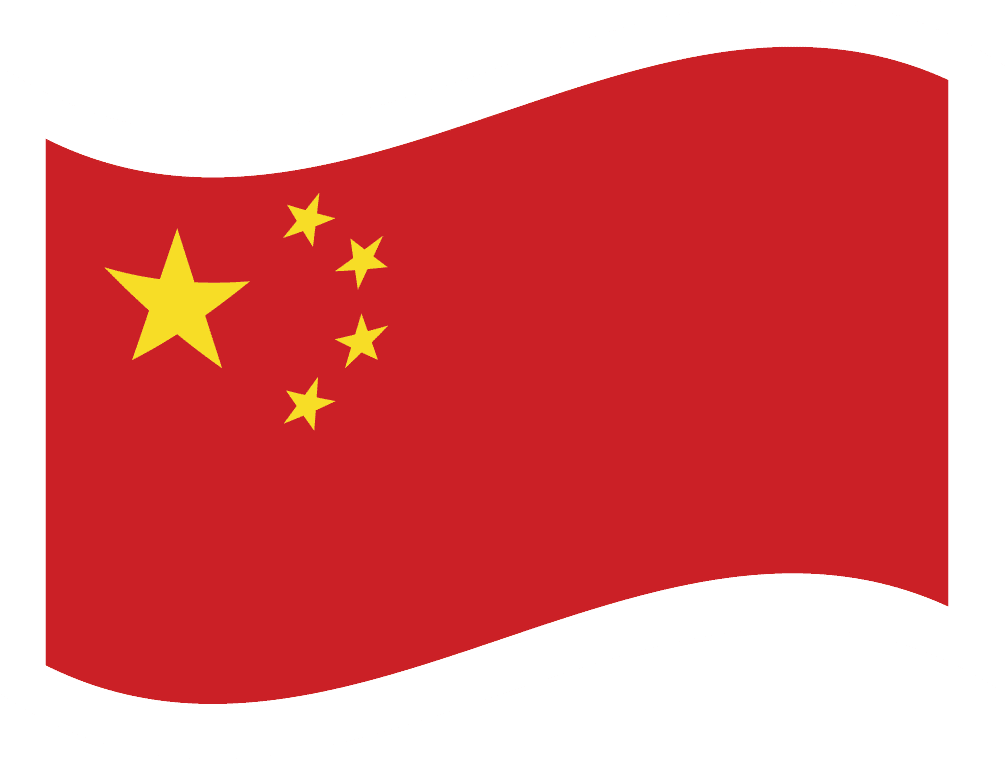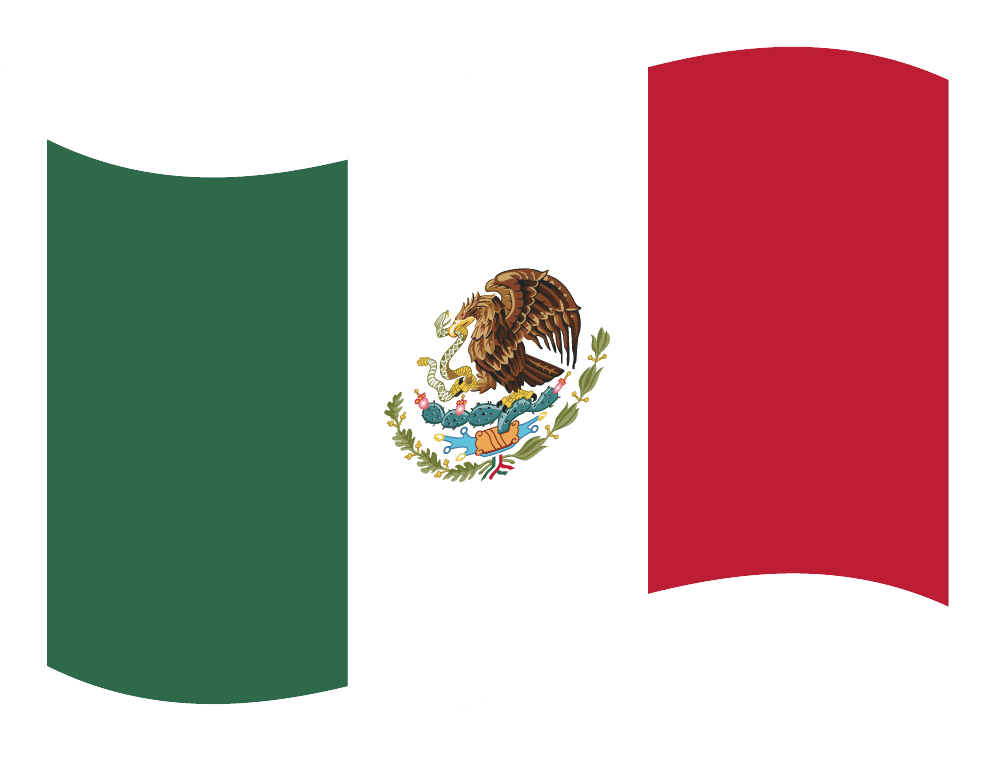FOB vs DDP Explained
Understand the difference between FOB (Free on Board) and DDP (Delivered Duty Paid) to avoid hidden costs and shipping surprises.
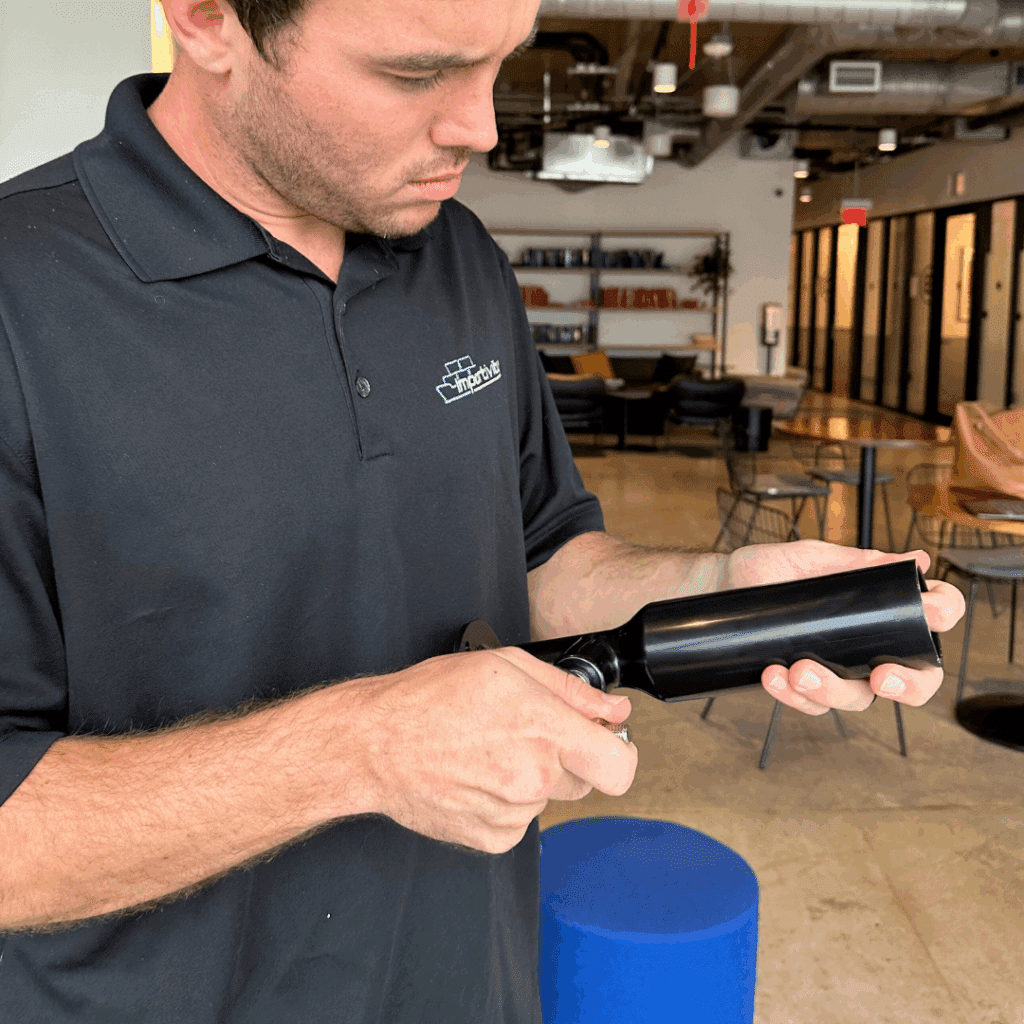
What Does FOB Mean?
FOB (Free on Board) is one of the most common incoterms used in global trade. With FOB shipping, the seller is responsible for getting your goods to the port of departure and loading them onto the vessel. After that, responsibility, including freight, insurance, and customs clearance, transfers to you, the buyer.
What Does DDP Mean?
DDP (Delivered Duty Paid) is a more turnkey shipping method. With DDP, the seller is responsible for everything: freight, customs clearance, tariffs, and delivery to your door. You pay one landed cost, and the supplier manages the logistics.
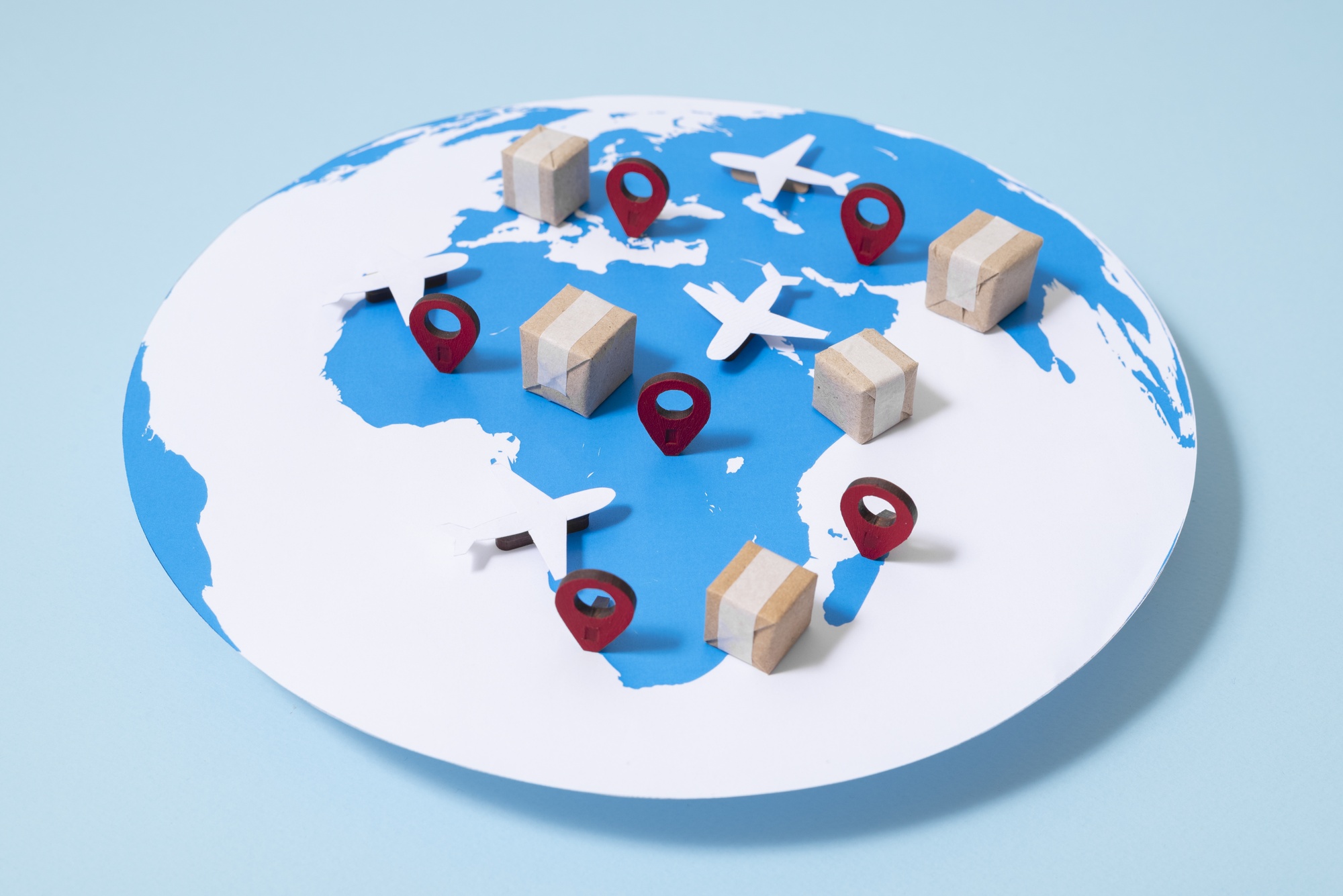
FOB vs DDP Explained: Key Differences
Compare responsibilities, control, cost transparency, and risk in seconds.
Pros & Cons of FOB vs DDP Shipping
Choose based on control, visibility, risk, and scale.
-
Greater control over carrier selection and routing
-
Often lower long term shipping costs for repeat importers
-
Transparency with freight and customs processes
-
Requires knowledge of customs and tariffs
-
Higher risk for inexperienced importers
-
Hidden fees if not carefully managed
-
Convenience — the supplier handles everything
-
Fewer moving parts for the buyer to manage
-
Lower upfront risk for small businesses or startups
-
Less visibility into actual freight and tariff costs
-
Supplier may overcharge for duties or logistics
-
Not ideal for large scale importing where margins matter
sUBMIT A SOURCING REQUEST UNDER 2 MINUTES
Verify your email and submit a sourcing request so we can quickly review your needs and start helping you find the right products or manufacturers.
Sourcing company Case Studies
Real examples of how our sourcing company delivers results across industries and markets.
Frequently Asked Questions
If you need further assistance, feel free to reach out to our team!
What’s the main difference between FOB and DDP?
FOB transfers responsibility to the buyer once goods are on board the vessel, while DDP keeps responsibility with the seller until the goods are delivered to the buyer’s door.
Is FOB cheaper than DDP?
In the long run, FOB is usually cheaper because you control freight rates and brokers. DDP may be more expensive per shipment, but it offers convenience and fewer risks for beginners.
Should startups choose FOB or DDP?
For small businesses or first-time importers, DDP is often safer and simpler. As volumes grow, switching to FOB usually saves money.
Can Importivity manage both FOB and DDP shipments?
Yes. We help clients plan, negotiate, and manage shipments under both Incoterms, ensuring full tariff compliance and cost efficiency.
Does DDP always include tariffs?
Yes, but some suppliers inflate tariff costs to pad margins. Importivity verifies actual duty rates to protect your bottom line.
How do tariffs affect FOB vs DDP?
With FOB, you pay tariffs directly to customs through your broker. With DDP, your supplier pays tariffs upfront and includes them in your total cost.
What’s better for bulk shipments?
FOB is usually better for bulk shipments because you control freight costs and avoid supplier markups.
Where does Importivity add value in FOB vs DDP?
We protect clients from overpaying on DDP quotes and help FOB importers streamline freight, customs, and tariff planning.

Still have questions?
Our team is happy to help! Visit our Help Center or contact us directly.




